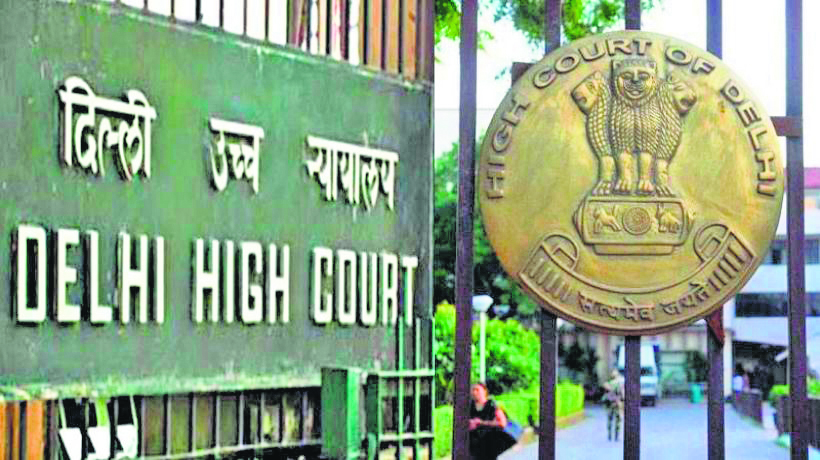


The Delhi High Court in the case Harshdip Singh Dhillon Versus Union Of India observed and has held that the employee accepted salary after TDS deduction and the employer is responsible for non-deposit of TDS.
The bench comprising of Justice Rajiv Shakdher and Justice Girish Kathpalia in the case observed and has stated that the petitioner or assessee, having accepted the salary after the deduction of income tax at source, had no further control over it in the sense that thereafter it was the duty of his employer, while acting as a tax collecting agent of the revenue, to pay the deducted tax amount to the Central Government in accordance with law.
In the present case, the petitioner or assessee was employed with Tulip Telecom Ltd. as Associate Vice President during the period from November 2011 to May 2013 and has resigned from service on May 7, 2013, with effect from May 9, 2013.
The court observed that for assessment year 2011–12 and 2012–13, the employer of the petitioner deducted tax at source, TAS on the salaries paid to the petitioner, but the deducted tax which pertains to the assessment year 2012–2013 was not deposited by the employer with the Income Tax authorities.
The court stated that the employer of the petitioner also failed to issue the requisite TDS certificate, so the petitioner informed the concerned income tax officials about the default, but no such action was taken.
The petitioner moved the plea seeking the winding up of the employer company by way of a company petition under Section 433(e) and (f), read with Section 434 of the Companies Act, in which a liquidator was appointed.
Further, the court stated that instead of granting credit to the TDS pertaining to the assessment year 2012–2013, the respondent or department issued an intimation by raising a demand for an amount of Rs. 15,77,240 against the petitioner for outstanding tax liabilities.
The petitioner in the plea made various representations to the department, informing them about the defaults on the part of his employer.
The department in the case issued the demand notice by again raising a tax demand for an amount of Rs. 15,36,220 against the petitioner.
On the other hand, it has been contended by the department that the petitioner cannot be allowed credit for tax because the credit has to be given in view of Section 199 only when the tax deducted at source is paid to the Central Government, which was not so paid.
The court in the case observed and has held that since the petitioner accepted his salary after deduction of income tax at source, it is his employer who is liable to deposit the same with the revenue authorities, and on this count, thus, the petitioner cannot be burdened.
The court while considering the facts and circumstances of the case observed and has allowed the petition and set aside the demand notice.
Further, the court directed to allow the petitioner credit for TDS deducted by his employer for the assessment year 2013–14.
Accordingly, the court allowed the plea.
The counsel, Advocate Sandeep D. Das appeared for the Petitioner.
The counsel, Advocate Gaurav Gupta represented the Respondent.